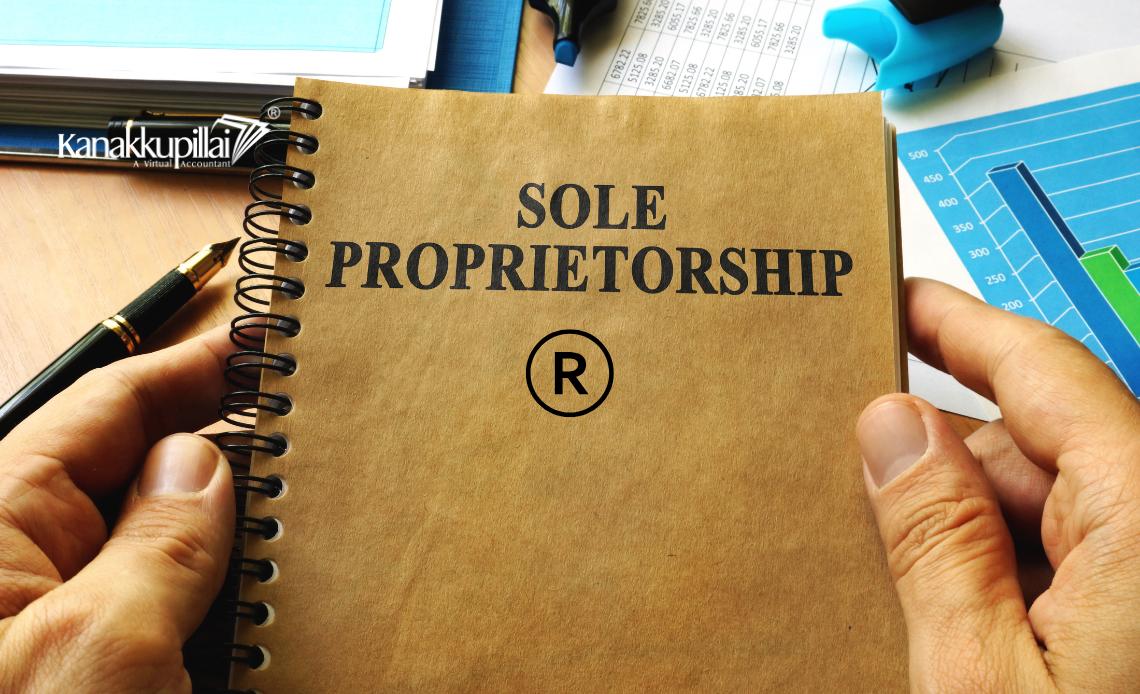A sole proprietorship is a kind of company wherein one person owns and runs the business. Businesses critically trust trademark protection as it helps create a distinctive brand character and stops rivals from leveraging similar marks. Small companies and individuals find great success in this form, but it begs problems with brand registration.
Definition of Sole Proprietorship
A sole proprietorship is a single-owner company wherein the owner takes direct responsibility for all bills and duties. The owner bears the whole duty for the financial and legal obligations of the company as the firm and the owner are not legally separate. Small companies and solo freelancers find this structure appealing because of its ease of setup and low legal responsibilities.
Definition of Trademark
A trademark is a distinctive sign, term, or phrase used to set one particular product or service apart from others. By formally separating a company from rivals, it helps to preserve its brand and character. Trademarks are intellectual property—that is, words, logos, drawings, sounds, or colours used to designate a product or service.
Can a Sole Proprietorship have a trademark?
The answer is clearly yes. A solo owner may absolutely trademark their company name, logo, slogan, or any other brand identification connected with their company. The simplicity and informal nature of a single proprietorship does not lessen its eligibility for the same trademark protection given to more established companies. Here are some convincing arguments:
- Regardless of its scale, a single proprietorship may have a strong brand presence, especially in small markets or specialized sectors.
- A trademark offers necessary protection against illegal use in terms of law. Other companies could copy or use the company name or logo without authorization without trademark protection.
- Asset worth: Trademarks help a company to be more appealing to investors or potential consumers as they add to its whole worth.
Advantages of trademark registration for a sole proprietorship
- Unique protection and brand identity: Registration of a trademark offers a solo proprietorship with protection and distinctive brand identification. This implies that the owner has exclusive rights to use the mark, therefore guaranteeing that no one else may use a similar or exact mark for their company.
- Stops rivals from using like marks: A single proprietorship may avoid rivals adopting identical marks by filing a trademark, therefore preserving a unique brand identity and avoiding consumer confusion.
- Increases credibility and business reputation: By affording legal documentation of ownership and exclusive rights to the mark, trademark registration improves the reputation and credibility of a sole proprietorship. This portrays the company as a respectable one and helps to develop confidence among consumers.
Steps to register a trademark for a sole proprietorship
- Search trademarks: Search thoroughly for trademarks to be sure the intended mark isn’t already in use. This entails looking through both local and international databases for similar or exact markings that can cause problems during registration.
- Find the trademark’s uniqueness: Review the trademark’s uniqueness to make sure it satisfies the requirements for registration. This includes evaluating the mark’s originality and any confusing power with current trademarks.
- Send a trademark application: Send a trademark form to the applicable intellectual property office with the specified information, a depiction of the mark, and the elegance of products or services for which it’s meant to be used.
- Address Any Office Action: Respond to any office actions or objections the trademark office raises throughout the examination process. This includes answering questions and supplying further details to guarantee the application satisfies all filing requirements.
- Publishing and Opposition: Following examination clearance, the trademark application is published for objection. This suggests that the general public may access materials for a certain period. Third parties may challenge the registration during this period should they believe it compromises their previously registered trademarks.
- Attaching Registration: After the time of publication and opposition, the trademark application could go to registration. Part of the registration process includes completing the required paperwork, paying registration fees, and officially obtaining trademark rights.
Conclusion
In conclusion, trademark registration offers major protection and advantages; a single proprietorship may absolutely hold a trademark. A sole proprietorship may create a distinctive brand identity, stop rivals from utilizing like marks, and improve its credibility and image by registering a trademark—any company, whatever its size or form, depends on this legal protection.





